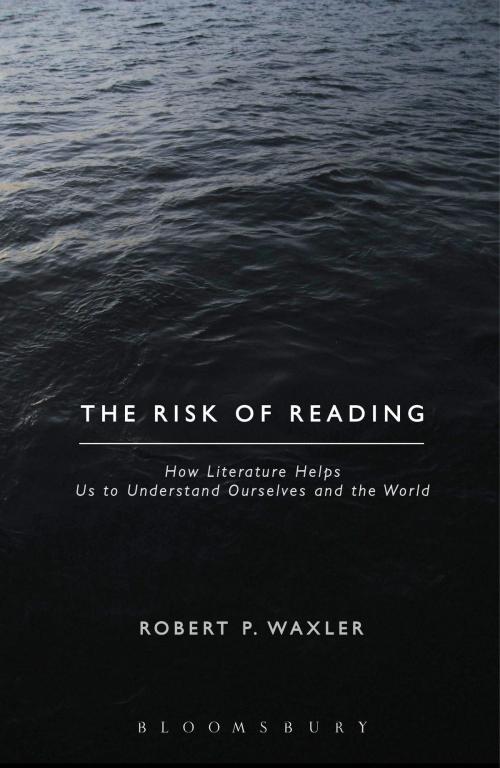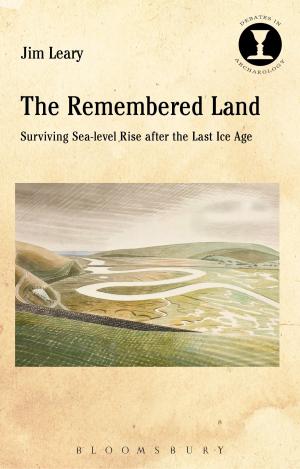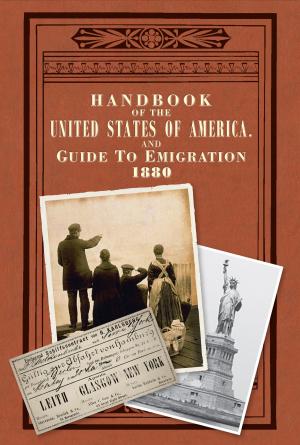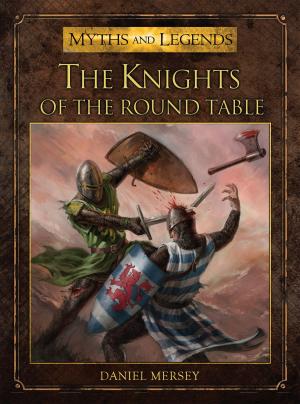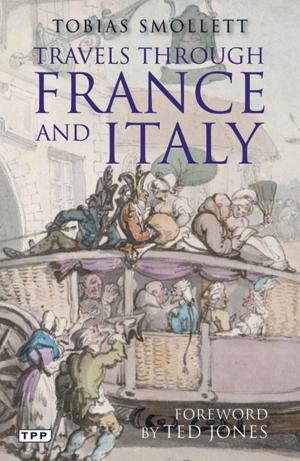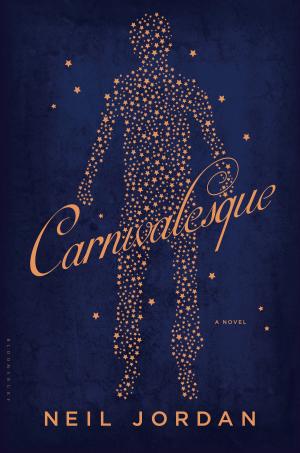The Risk of Reading
How Literature Helps Us to Understand Ourselves and the World
Fiction & Literature, Literary Theory & Criticism, American, Theory| Author: | Professor Robert P. Waxler | ISBN: | 9781623568153 |
| Publisher: | Bloomsbury Publishing | Publication: | September 25, 2014 |
| Imprint: | Bloomsbury Academic | Language: | English |
| Author: | Professor Robert P. Waxler |
| ISBN: | 9781623568153 |
| Publisher: | Bloomsbury Publishing |
| Publication: | September 25, 2014 |
| Imprint: | Bloomsbury Academic |
| Language: | English |
The Risk of Reading is a defense of the idea that deep and close readings of literature can help us to understand ourselves and the world around us. It explores some of the meaning and implications of modern life through the deep reading of significant books. Waxler argues that we need "fiction" to give our so-called "real life" meaning and that reading narrative fiction remains crucial to the making of a humane and democratic society.
Beginning by exploring the implications of thinking about the importance of story in terms of "real life", The Risk of Reading focuses on the importance of human language, especially language shaped into narrative, and how that language is central to the human quest for identity. Waxler argues that we are "linguistic beings," and that reading literary narrative is a significant way to enrich and preserve the traditional sense of human identity and knowledge. This is especially true in the midst of a culture which too often celebrates visual images, spectacle, electronic devices, and celebrity. Reading narrative, in other words, should be considered a counter-cultural activity crucial on the quest to "know thyself." Reading literature is one of the best opportunities we have today to maintain a coherent human identity and remain self-reflective individuals in a world that seems particularly chaotic and confusing.
Each chapter takes up a well-known work of nineteenth- or twentieth-century literature in order to discuss more fully these issues, exploring, in particular, the notion of life as a journey or quest and the crucial relationship between language and our contingent everyday existence. Of particular interest along the way is the question of what literary narrative can teach us about our mortality and how stories offer opportunities to reflect on the ambivalent and profound meaning of mortal knowledge.
The Risk of Reading is a defense of the idea that deep and close readings of literature can help us to understand ourselves and the world around us. It explores some of the meaning and implications of modern life through the deep reading of significant books. Waxler argues that we need "fiction" to give our so-called "real life" meaning and that reading narrative fiction remains crucial to the making of a humane and democratic society.
Beginning by exploring the implications of thinking about the importance of story in terms of "real life", The Risk of Reading focuses on the importance of human language, especially language shaped into narrative, and how that language is central to the human quest for identity. Waxler argues that we are "linguistic beings," and that reading literary narrative is a significant way to enrich and preserve the traditional sense of human identity and knowledge. This is especially true in the midst of a culture which too often celebrates visual images, spectacle, electronic devices, and celebrity. Reading narrative, in other words, should be considered a counter-cultural activity crucial on the quest to "know thyself." Reading literature is one of the best opportunities we have today to maintain a coherent human identity and remain self-reflective individuals in a world that seems particularly chaotic and confusing.
Each chapter takes up a well-known work of nineteenth- or twentieth-century literature in order to discuss more fully these issues, exploring, in particular, the notion of life as a journey or quest and the crucial relationship between language and our contingent everyday existence. Of particular interest along the way is the question of what literary narrative can teach us about our mortality and how stories offer opportunities to reflect on the ambivalent and profound meaning of mortal knowledge.
